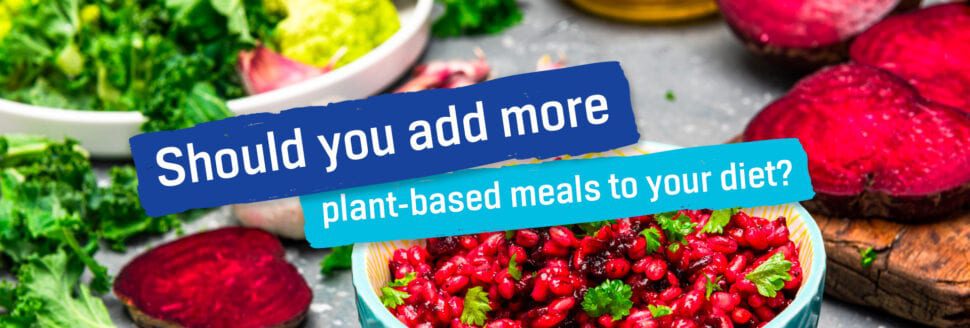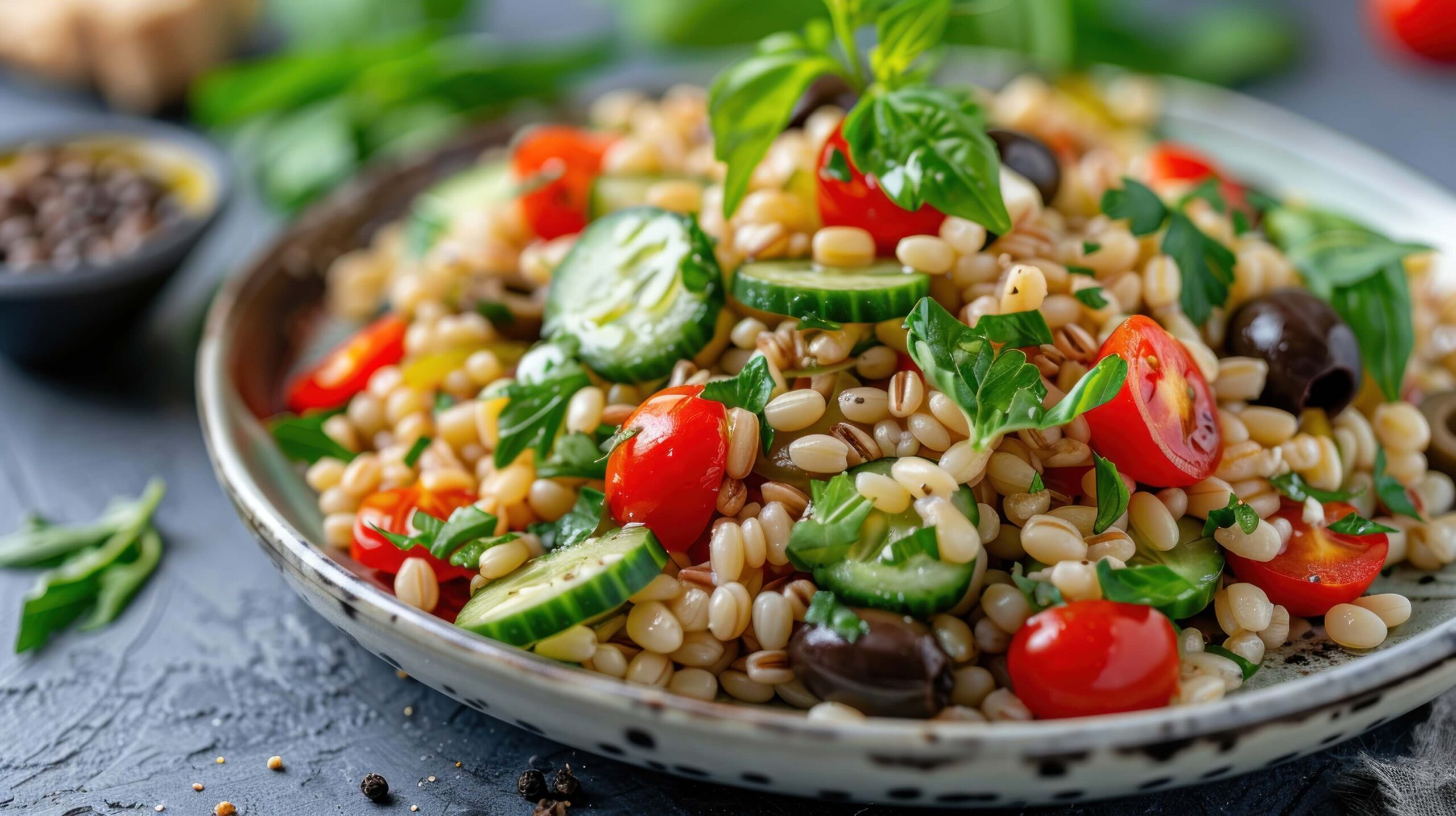Should you add more plant-based meals to your diet?

If you have given much thought to improving your health, you have likely considered the impact of your diet. What we eat on a consistent basis greatly impacts our well-being. Although many diet plans have come and gone over the years one way of eating has consistently proven to decrease the risk of cancer, diabetes, and help maintain a healthy weight. A plant-based diet can provide the essential nutrients needed to keep cells healthy so our immune system can function at its best. A healthy immune system provides the foundation for overall well-being and disease prevention.
What is a plant-based diet? Eating plant-based means your meals are primarily from plants like vegetables, fruits, beans, whole grains, seeds, and nuts. A plant-based diet doesn’t mean you don’t eat meat it just means it’s not the primary focus at any given meal. Your plate would be at least two-thirds full of plant-based choices and the remaining one-third could be a lean protein like fish, shellfish, or chicken.
Here is an example meal plan for a day of plant-based eating.
Breakfast: Overnight Oats
1 cup overnight oats with chia seeds and blueberries.
Lunch:
1 cup of tomato basil soup with a slice of sprouted grain bread topped with avocado, tomatoes, and a drizzle of olive oil.
Snack:
Apple with 2 tablespoons raw cashews
Dinner: Fall Harvest Salad
2 cups mixed greens topped with 1/2 cup warm grains (like quinoa), cucumber, garbanzo beans, tomatoes, sunflower seeds, and olive oil and balsamic vinegar dressing. Consuming more natural plant-based foods will aid in maintaining and regaining your health. Fruits and vegetables offer essential nutrients our body needs that it can only gain from plant-based foods. The beautiful colors and flavors offered by plants can provide a sustainable and life-giving meal plan.
Related Blogs
-

Strack & Van Til and Hormel donate hams for the holidays
HIGHLAND, IN. – Strack & Van Til is partnering with Hormel Foods to give away 400 Hormel® Cure 81® hams…
-

Let Strack & Van Til meats and treats make it the most…
Seasonal celebrations have started, and with more parties for hosting — including the main event — pick up holiday dinner…
-

Food is Medicine: Eat Well, Live Long
Eating for overall health and longevity continues to gain attention, and one of the most exciting areas of research today…






